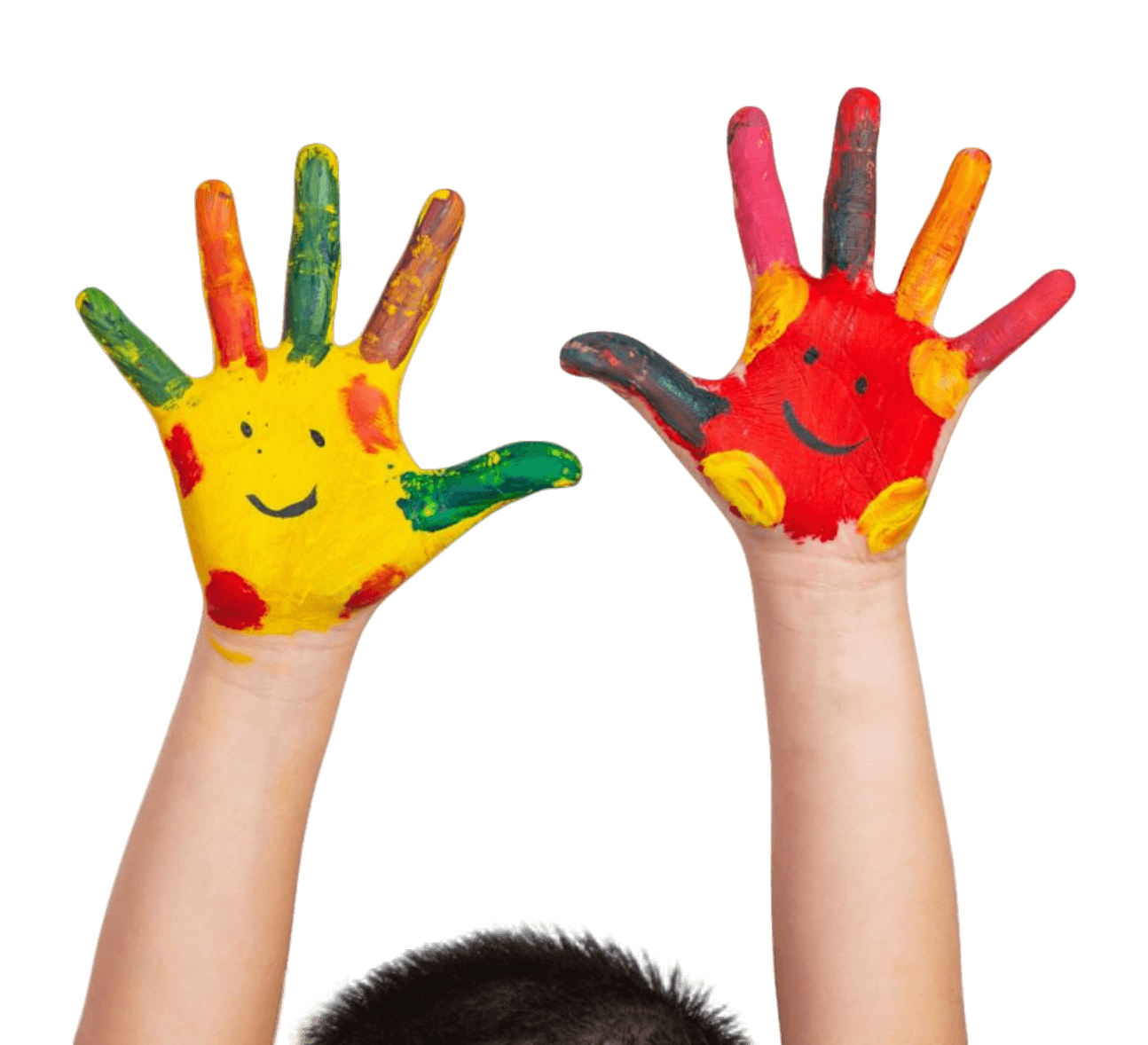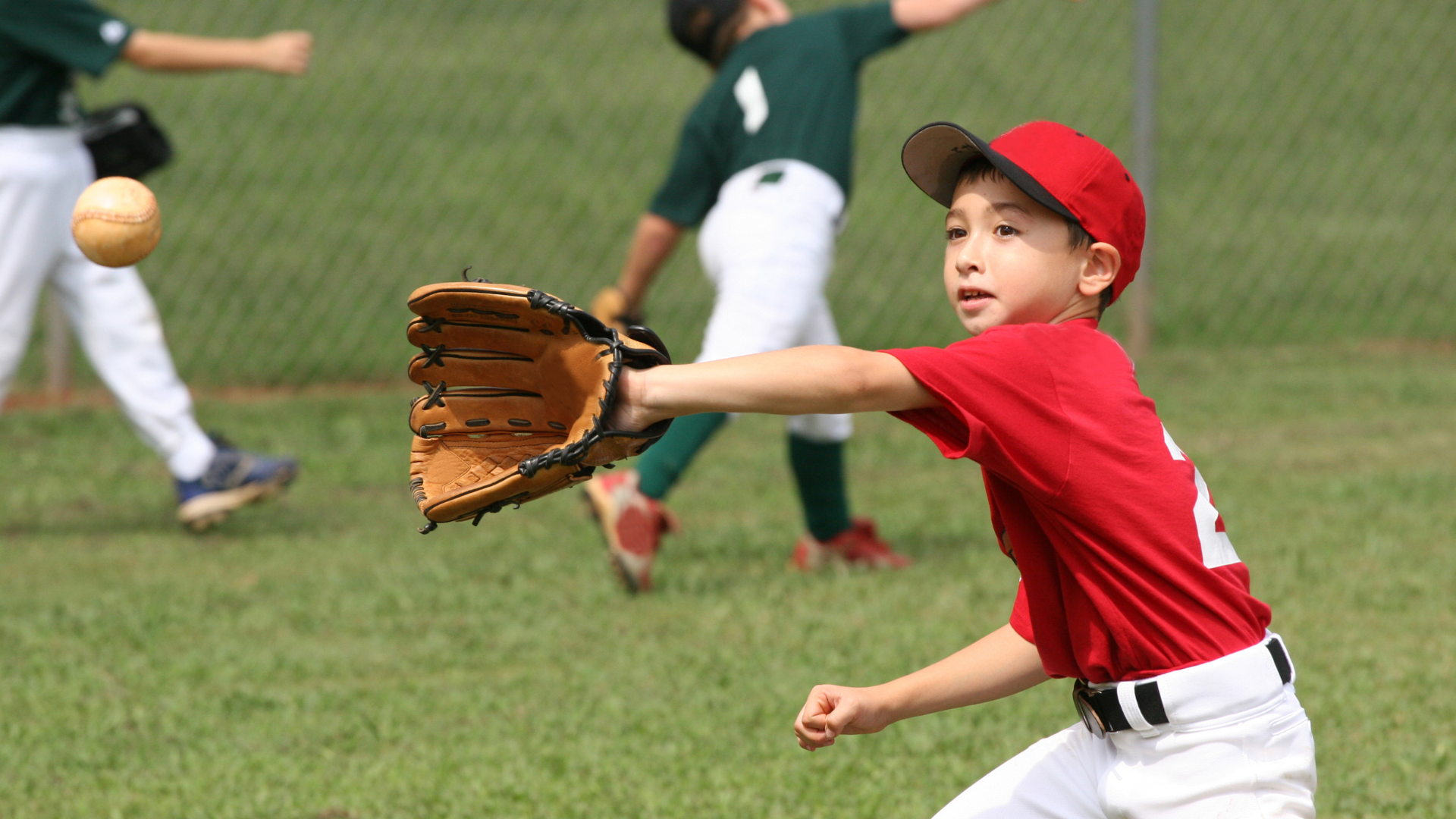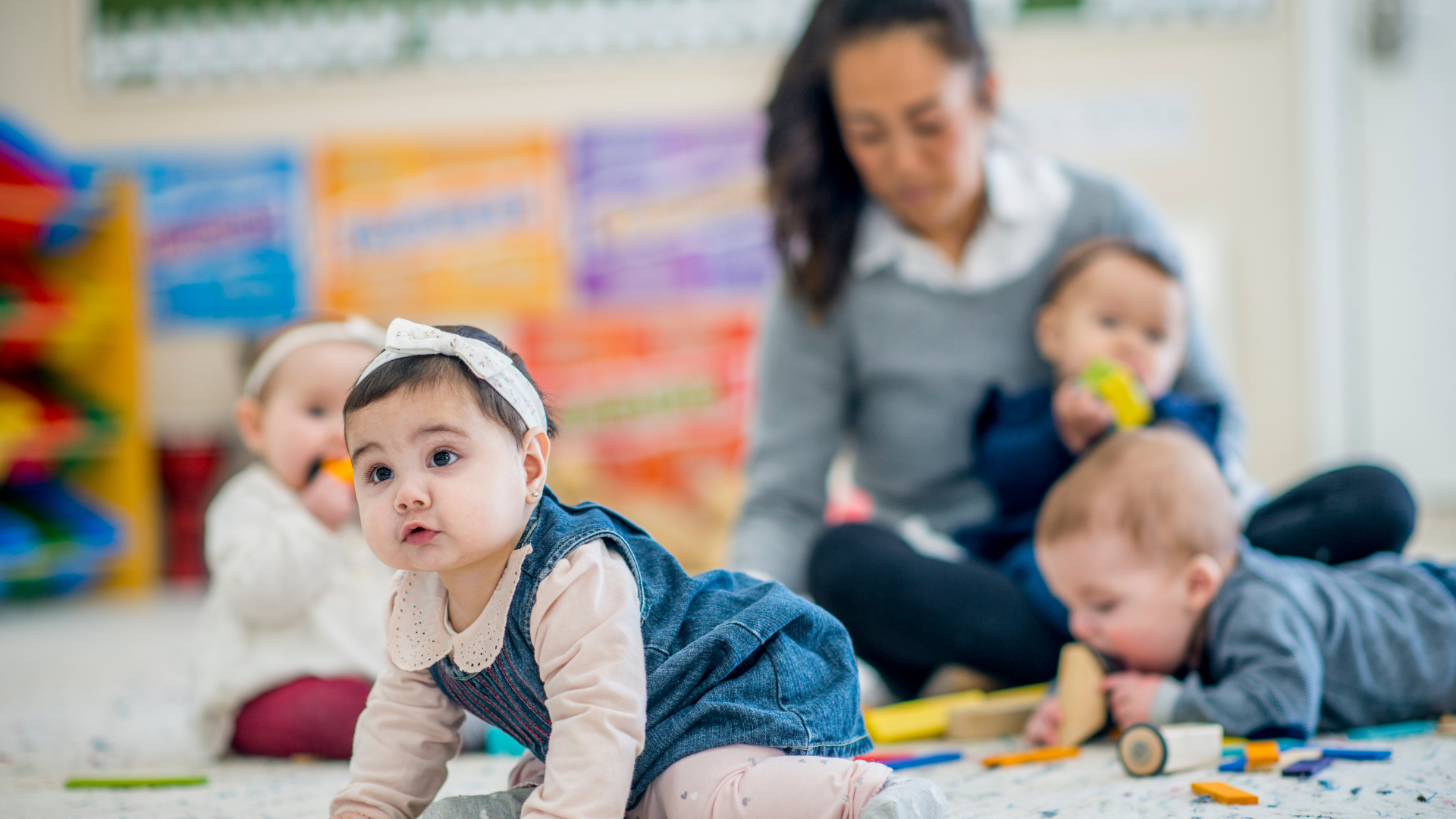Parenting in a globalised world can be a challenge. Our children may speak more than one language, and we may need to help them learn to navigate the complex social and cultural dynamics of a rapidly changing world. This article will discuss some challenges and opportunities in raising bilingual children.
Why Should Parents Raise Bilingual Children?
There are many benefits to raising bilingual children, especially in a globalised world. Bilingualism is associated with better cognitive outcomes, such as problem-solving and memory skills. Additionally, bilingual children learn more effectively from multiple languages. They have a more comprehensive range of vocabulary and knowledge than monolingual children. They also develop a greater sense of identity and self-awareness.
Parents who want their children to be successful in the globalised world should raise them bilingually. By providing their child with two languages from an early age, parents can help them build strong cognitive skills and a sense of self-identity.
Challenges Of Raising Bilingual Children?
Many families are raising bilingual children these days. The demand for bilingual services has increased in recent years as the world has become increasingly globalised. But what are the challenges involved in raising a bilingual child?
The first challenge is ensuring that our child learns both languages correctly and effectively. Bilingualism requires a lot of cognitive processing, so it’s essential to ensure our child gets the resources they need to learn both languages well. If one language dominates, our child may not be able to achieve full fluency in either language.
Another challenge parents face is ensuring that their children don’t feel like they have to switch between languages all the time. It can be challenging for young kids to keep track of two separate conversations happening simultaneously, so it’s essential to provide them with many opportunities to use both languages interchangeably. This can be done by letting them talk about things in both languages at home, exposing them to different media content, and encouraging them to speak both languages with family and friends. Raising a bilingual child is challenging, but it can be achievable with enough effort and parental guidance.
How Can Parents Raise A Bilingual Child?
There are many ways to raise bilingual children, but parents should consider their child’s age, development, and level of proficiency when making decisions. Younger children are often more capable of learning new languages than adults and can benefit from early exposure. Older children may need more assistance in mastering a second language but are also more likely to maintain their skills when they start school in a two-language environment. Bilingualism is not a disease or a defect; it is simply one way that individuals vary.
Parents should ensure their children can access materials and resources in both languages. This includes books, pictures, flashcards, etc., and opportunities for shared experiences with family and friends who speak the other language. Children will also benefit from having an adult role model who can help them learn about the culture and history associated with the second language.
Bilingualism is not easy to achieve or maintain, but it is an integral part of growing up in a globalised world. Parents can help their children by providing resources and support, setting healthy challenges, and modelling positive bilingual behaviour.
Developing A Cultural Identity For Our Children
Parents of bilingual children often face the challenge of developing a cultural identity for their child in a world where culture is increasingly being seen as something that can be accessed through media and other forms of communication. There are several ways that parents can develop a multicultural identity for their child, namely:
- Actively seeking out opportunities to experience different cultures
- Participating in cultural activities with their child
- Encouraging the child to explore their cultural heritage.
Parental involvement in their child’s education is also essential, as it can help broaden their understanding of culture and promote lifelong learning. Parents can also help their children develop a multicultural identity by modelling positive cultural behaviours and attitudes. This can include being open-minded and tolerant of others, celebrating cultural diversity, and valuing family ties. In addition, parents can encourage their children to use language skills to communicate with others, recognising that language is the vehicle through which culture is communicated.
Raising Children to Be Citizens of the World Starts at Home
Parenting in a globalised world is no easy task. Bilingual parenting children can be even more difficult, as they must learn to navigate a two-language system while maintaining cultural identity.
This article has offered us advice on parenting bilingual children, from recognising the challenges early on to teaching them how to communicate effectively in both languages. By following these tips, we can help our children thrive and become well-rounded individuals able to navigate their everyday life successfully in a changing environment.








